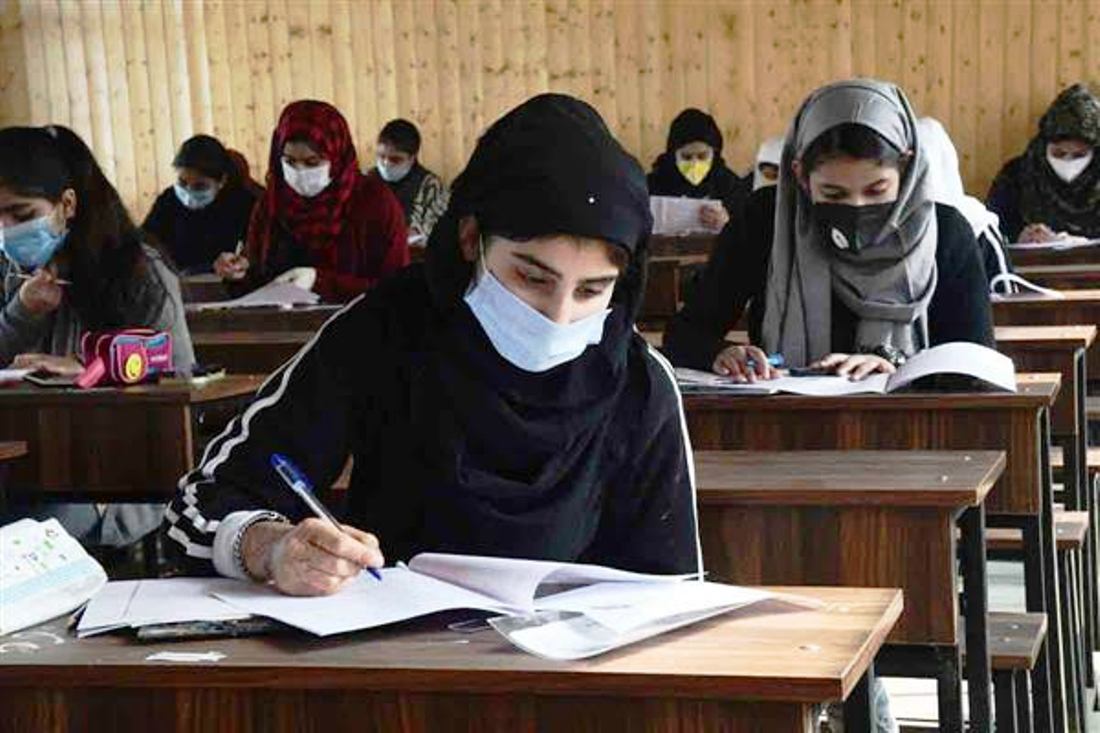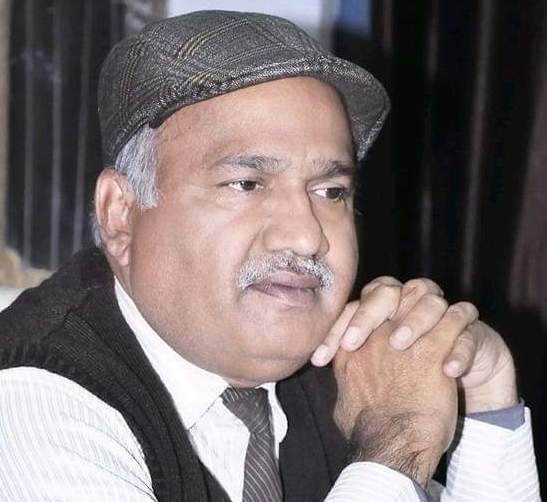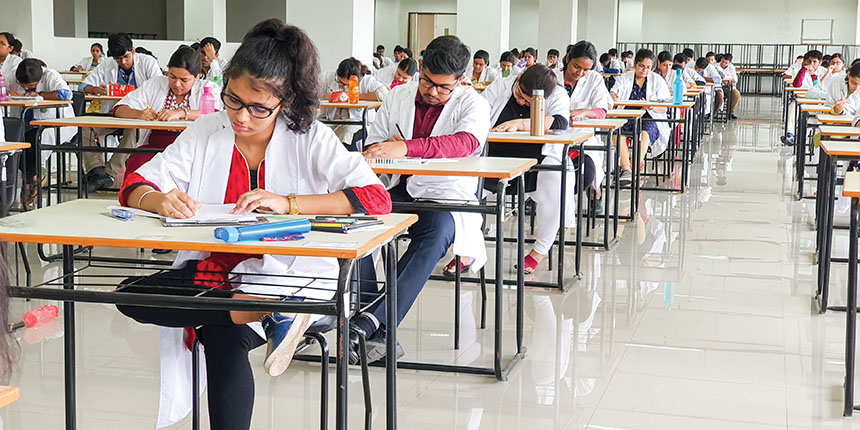by Vijay Garg
Till about 20 years ago, India had very few entrance exams, most of them in the areas of management, engineering and medicine. But today, entrance tests are an essential part of the educational process and a principal criterion for courses in pharmacy, law, architecture and design.

In some areas such as medicine, there is a single national test, but most disciplines have multiple university and state-level tests.
Medicine
The National Eligibility and Entrance Test (Undergraduate) or NEET is the only entrance examination for students who wish to pursue medical, dental and Ayush (ayurveda, yoga and naturopathy, Unani, Siddha and homoeopathy).
The applications open in January, and the exams are conducted in May.
Candidates should have studied physics, chemistry and biology in classes XI and XII, and scored a minimum of 50 per cent in the board exams to qualify.
NEET is an offline exam with a duration of three hours and 20 minutes. There are 200 questions, out of which 180 MCQs or multiple-choice questions must be answered. The NEET cut-off changes every year, but one should aim for a score of 580 plus (out of 720) to get admission into a reputed medical college.
Engineering
The Joint Entrance Examination (JEE) is an engineering exam conducted for admission to over 1600 colleges in India. It is also an eligibility test for the JEE Advanced, which allows entry into the 25 IITs (Indian Institutes of Technology).
Registration is open for session 1. For session 2, registration starts on February 7 and closes on March 7, 2023. The first session of exams will be from January 24 to January 31, while the second phase will be from April 6 to April 12.
One must have good mathematical and analytical abilities and problem-solving skills and should have taken physics, chemistry and mathematics in classes XI and XII to qualify for the JEE examination. It is a multiple-choice test with three sections-physics, chemistry and mathematics. Students must answer 75 of 90 questions.
Unlike medicine which has a single entrance exam, there are several exams for engineering courses. For example, Birla Institute of Technology and Science (BITS), Pilani conducts the BITSAT, SRM Institute of Science and Technology, Chennai has SRM JEE, while Vellore Institute of Technology, Vellore, conducts VITEE for its campuses in Vellore, Chennai, Bhopal and Amravati.
There are also several state entrance exams. Some of the newer colleges such as Plaksha University in Punjab, BML Munjal University, Haryana, Manipal University, Jaipur and Shiv Nadar University, in Delhi, accept SAT scores for admission into their engineering programmes.
Students attempting JEE and NEET should consult NCERT Class XI and Class XII textbooks for an understanding of basic concepts. However, one must refer to other books as well. Some of these are Objective Physics by DC Pandey, Fundamentals of Physics by Halliday, Resnick and Walker, and Organic Chemistry by Morrison and Boyd.
Students preparing for NEET should also go through Objective Biology by Dinesh or Objective Biology by Ansari, while students preparing for the JEE must refer to books related to algebra, geometry, trigonometry, and calculus to tackle the maths section of the paper. Solving previous year’s question papers and taking mock tests is good practice.
Hotel Management
The National Council of Hotel Management Joint Entrance Examination (NCHM JEE) is a national-level entrance exam for admission to 74 public and private institutions. Students from any stream can apply to hotel management programmes.
The exam has five sections: English language, reasoning and logical deduction, numerical ability, general knowledge, current affairs and aptitude for the service sector. Registration is open from February to May and the exam takes place in June. IIHM-eChat, AIMA UGAT, PUTHAT, MAH BHMCT CET are some of the other tests for hotel management courses.
Some of the books one could consult by way of preparation for this exam would be Ultimate Guide for Hotel Management NCHMCT-JEE Entrance Examination 2023, Guide for Hotel Management 2023 by Arihant, and Food and Beverage Service by R Singaravelavan.
Architecture
The Council of Architecture (COA) conducts the National Aptitude Test in Architecture (Nata) for admission to the five-year BArch degree programme in institutions across India. The test measures applicants’ aptitude in drawing, observation skills, sense of proportion, aesthetic sensitivity and critical thinking.

Students who have completed Class XII with physics, chemistry and mathematics or those who have passed the 10+3 diploma examination with maths as a compulsory subject will be able to take the test. The first session of the Nata is likely to be held in the second week of April.
The other important exam for architecture is JEE MAIN Paper 2, which gives admission into Mizoram University, Mizoram, Schools of Planning and Architecture (SPAs) in Delhi, Bhopal and Vijayawada, the NITS and BITS. It has a similar testing pattern of drawing, general aptitude and mathematics, with a few differences in the number of questions and the sections. CoA releases mock tests every year.
(Vijay Garg, MSc, Bed has been a Punjab Education Service (PES) officer who retired as a Principal. He has authored a number of textbooks. He lives in Malout Punjab.)













